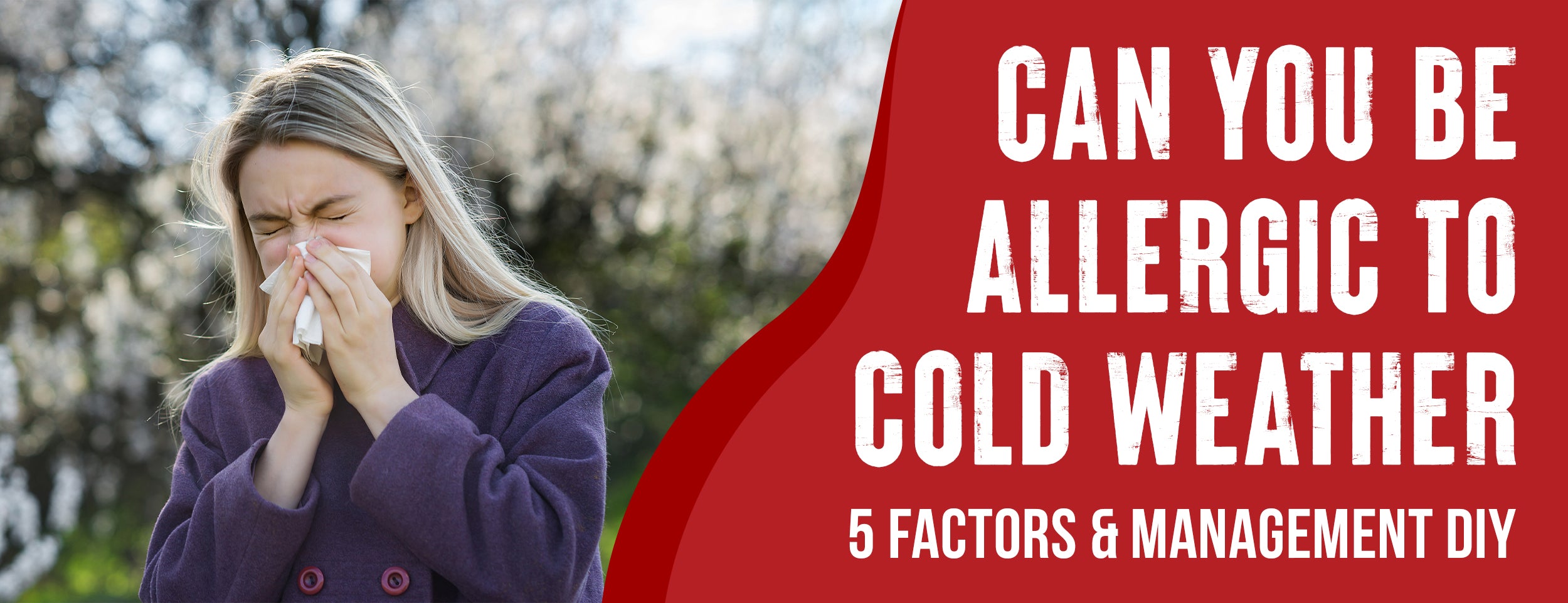People with pet allergies can come into contact with dermatitis, resulting in skin rashes and hives or sinus infections that even trigger asthma. Allergic reactions often cause eye irritation, including redness, itchiness, and watery eyes. Prolonged exposure to dog allergens can worsen these symptoms.
Dog allergy symptoms in adults can manifest in various ways. Symptoms are sneezing, runny nose, itchy, red, or watery eyes, and hay fever.
Some people also experience asthma symptoms, like wheezing and breathing problems. Pet dander, composed of dead skin flakes shed by animals, often triggers these allergic reactions.
In this blog post, we will explore the most common dog allergy symptoms in adults and tips for preventing and managing dog allergies in adults.
Dog Allergy Symptoms In Adults: 10 Types
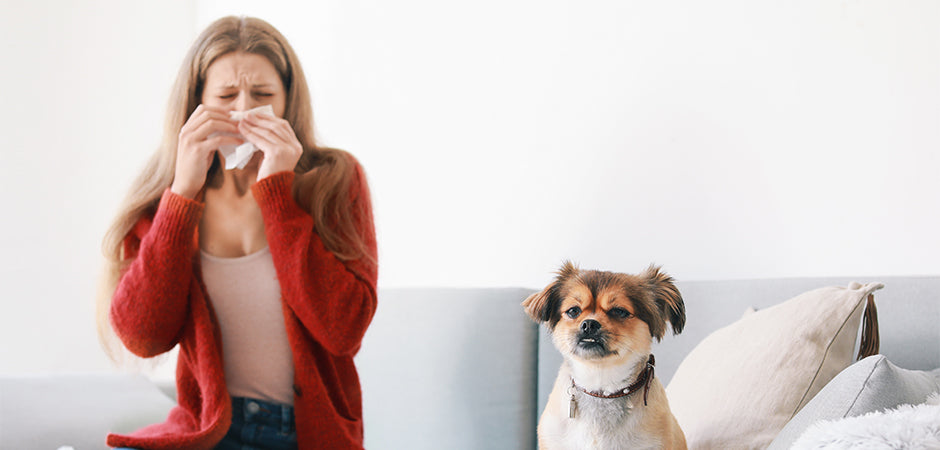
Dog allergies are a common issue that many adults face. Allergies can cause everything from mild discomfort to severe reactions. Understanding these symptoms is crucial to managing dog allergies effectively. Here are some signs that adults experience when they are allergic to dogs.
Sneezing
If you constantly sneeze when around dogs, it could show an allergy. Sneezing is often the first sign of a dog allergy, so taking notice and seeking medical advice is essential.
Runny Nose
Dog allergies can also cause a runny nose. When exposed to dog allergens, your body produces histamine, which causes your nose to produce more mucus. This leads to a runny nose and other symptoms, like nasal congestion and postnasal drip.
Itchy, Red, or Watery Eyes
Exposure to dog allergens can also cause your eyes to become itchy, red, and watery. This is because the allergens can irritate the sensitive tissues in your eyes. Rubbing your eyes can worsen this reaction, so it's best to avoid doing so if possible.

Nasal Congestion
It's common to have a stuffy nose from dog allergies. This occurs when the tissues and blood vessels in your nose swell up because of inflammation. This swelling can make breathing through your nose difficult, leading to discomfort and further complications like sinus pressure and facial pain.
Itchy Nose, Roof of Mouth, or Throat
Besides causing a runny nose and nasal congestion, dog allergens can make your nose, the roof of your mouth, or throat itchy. This itchiness can be uncomfortable and disrupt your daily activities.
Postnasal Drip
Postnasal drip is excess mucus draining down your throat. This can occur because of a dog allergy, causing you to clear your throat constantly. It can also lead to a cough, sore throat, and a hoarse voice.
Cough
You can also get a persistent cough from a dog allergy. This happens when the allergens irritate your airways, causing you to cough to clear them. If you notice your cough whenever you're around dogs, it could be a sign of a dog allergy.
Facial Pressure and Pain
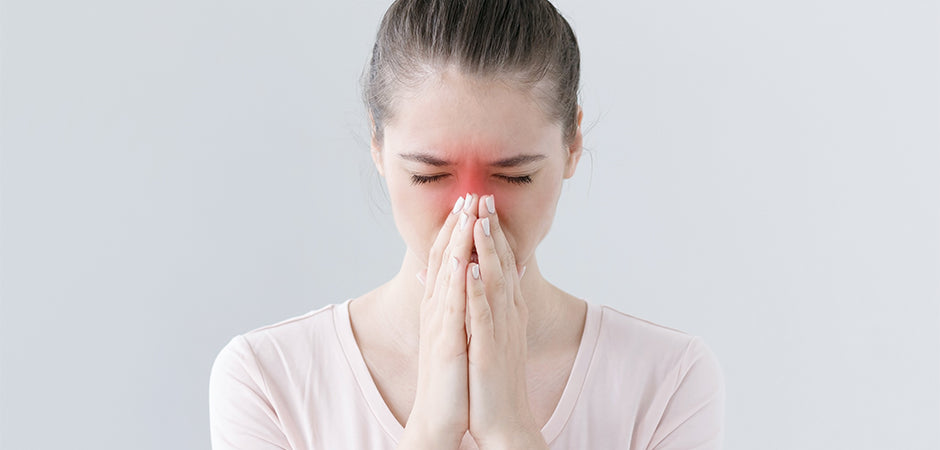
In severe cases, dog allergies can cause facial pressure and pain. This usually occurs because of nasal congestion. The swelling in your nose can put pressure on your sinuses, leading to pain and discomfort in your face.
Frequent Awakening
Dog allergies can also disrupt your sleep. The symptoms of dog allergies, such as a runny nose, nasal congestion, and coughing, can make it difficult for you to get a good night's sleep. You might wake up frequently throughout the night because of these symptoms.
Skin Rash or Hives
Exposure to dog allergens can cause a skin rash or hives. This results from your body's immune system reacting to the allergens. The inflammation or hives can be itchy and uncomfortable and appear anywhere on your body.
Asthma-Related Symptoms Associated with Dog Allergies
An allergy to dogs can sometimes contribute to developing or worsening asthma, a respiratory condition affecting your lungs and breathing. If your pet allergy triggers asthma, you may experience:
- Difficulty breathing: This can make everyday tasks challenging and lead to feelings of anxiety or panic.
- Chest tightness or pain: This discomfort can range from mild to severe and is particularly troubling during physical activities.
- The sound of whistling or wheezing when exhaling: This is a common sign of asthma and should not be ignored.

Sleep Disruptions because of Asthma
Another symptom of asthma-related to a pet allergy is trouble sleeping. The shortness of breath, coughing, or wheezing caused by asthma can disrupt your sleep, making it difficult to get the rest you need. If you frequently wake up with symptoms, it's time to seek medical advice.
Skin Reactions of Dog Allergies
People with pet allergies can also suffer from skin problems besides breathing difficulties. This type of reaction, allergic dermatitis, is an immune system response that causes skin inflammation.
Recognizing Allergic Dermatitis Symptoms
Direct contact with an allergy-causing pet, such as a dog, can trigger allergic dermatitis. Here are some signs and symptoms to watch out for:
- Raised, red patches of skin: Also known as hives, these patches can appear anywhere on the body and cause significant discomfort.
- Itchy skin: This is a common symptom of allergic dermatitis and can be quite bothersome.
- Eczema: This condition, characterized by dry, itchy, and inflamed skin, can also occur in people with a dog allergy.
Consultation with a physician when necessary

It is equally important to know when to seek medical attention as it is to understand these symptoms. If you experience any of the symptoms mentioned above, seeking medical attention is recommended. This is especially true for asthma-related symptoms, such as difficulty breathing, chest tightness, and wheezing.
If you notice skin reactions like hives, eczema, or general itchiness after contact with a dog, a visit to the doctor is also warranted. The healthcare professional can diagnose properly and recommend an effective treatment plan.
Allergies to dogs in adults: Tips For Prevention and Management
The best approach to managing a dog allergy is avoidance. If you own a dog and are allergic, consider re-homing the pet. However, if parting ways with your furry friend isn't an option, or if your family wishes to own a dog despite someone's allergy, here are some strategies to help keep symptoms at bay:
- Limit Your Dog's Access: Restrict your dog's access to specific rooms, but remember, confining the dog to a single room won't limit allergens to that area alone.
- Minimal Physical Contact: Avoid hugging, petting, or kissing the dog. If you do, ensure to wash your hands thoroughly afterward.
- Air Filtration: Use high-efficiency particulate air (HEPA) cleaners to lower allergen levels in your bedroom or living room.
- Frequent Cleaning: Regularly using a high-efficiency vacuum cleaner can help reduce allergen levels.
- Regular Dog Baths: Bathing your dog at least once a week can significantly reduce airborne dog allergens.

Treatment Options for Dog Allergies
Besides management strategies, there are various treatments available to ease dog allergy symptoms:
- Eye Drops: Allergy eye drops can be incredibly beneficial in managing eye allergy symptoms. They can ease a burning sensation, redness, itchiness, excessive tearing, and swelling, and artificial tears can also provide relief.
- Antihistamines: Antihistamines, available in pill, liquid, or nasal spray form, can ease sneezing and itching in the nose and eyes. They also reduce runny noses and nasal stuffiness.
- Decongestants: Decongestants can help shrink the lining of the nasal passages and relieve stuffiness. They are used briefly as pills, liquids, nasal sprays, or drops. However, if you have high blood pressure, glaucoma, thyroid disease, or trouble urinating, consult your doctor before using decongestants.
- Leukotriene Modifiers: Montelukast is a medication that can help ease allergy symptoms. This medicine works by blocking certain chemicals released during an allergic reaction, making breathing more accessible for you, it reduces wheezing and coughing.
- Cromolyn Sodium: Lowers your allergic symptoms by blocking chemicals responsible for allergy symptoms, including histamine and leukotrienes. Though it requires frequent application (four times daily), it has few side effects.
- Allergy Shots (Immunotherapy): If other treatments aren't effective, allergy shots could be suitable. These require a time commitment and multiple appointments. Skin injections will be used by your allergist and monitors you for symptoms. Over time, the amount of allergen injected gradually increases, helping your immune system tolerate the allergen better. Consult your allergist to see if this option suits you.
- Allergen-Reducing Cat Food: If you also own a cat, consider using allergen-reducing cat food, like Purina Pro Plan, which neutralizes a common allergen in cat saliva.
Conclusion
Adult dog allergies can be a pain in the tail but remember: it's not the end of the world. Knowing symptoms, you can react quickly when those allergies kick in.
Preventive measures like minimizing contacts, frequent cleaning, and air filters allow you to live comfortably with your four-legged friend without sneezing up a storm. Eye drops and allergy shots are available to keep you ahead of those irritating allergens.
Our love for our furry family members is often more potent than allergies. Let's head out there, manage those symptoms, and continue giving our puppies the best tummy rubs, maybe with a few tissues handy.

![Symptoms of dog allergies in adults: 10 types [prevention tips]](http://drnumb.ca/cdn/shop/articles/Dog_Allergy_Symptoms_In_Adults__10_Types_7_Treatments_Safe_DIY.jpg?v=1714623182&width=1100)





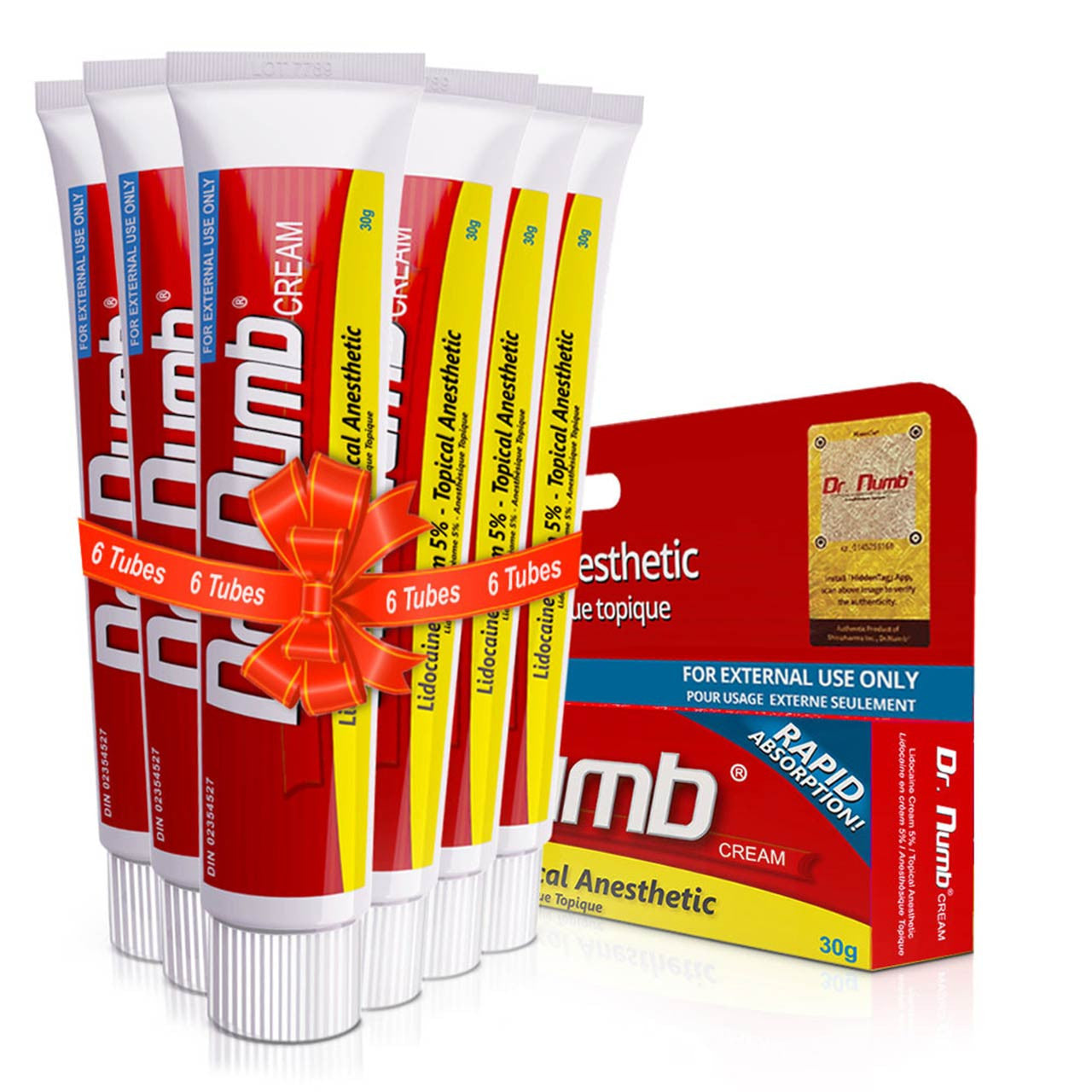

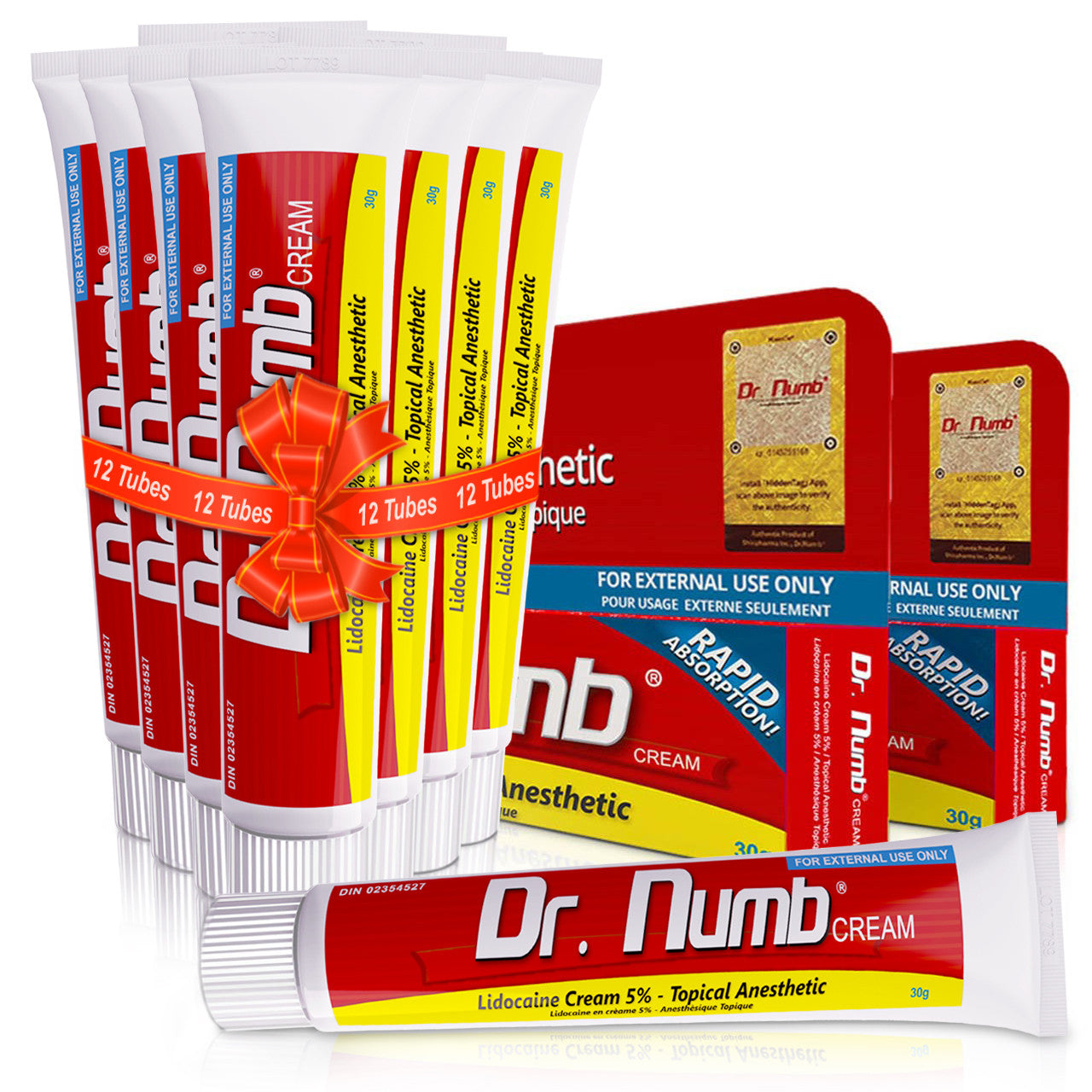




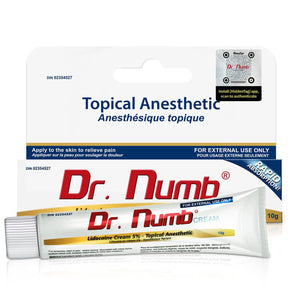
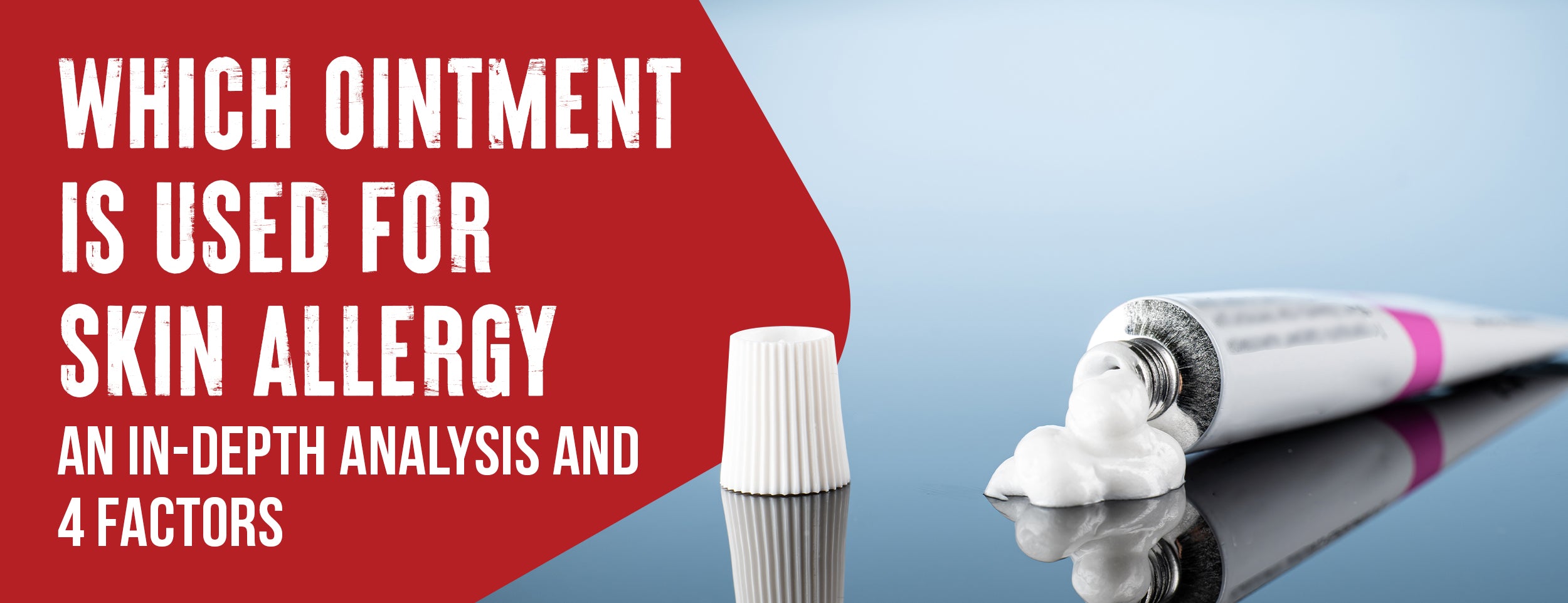
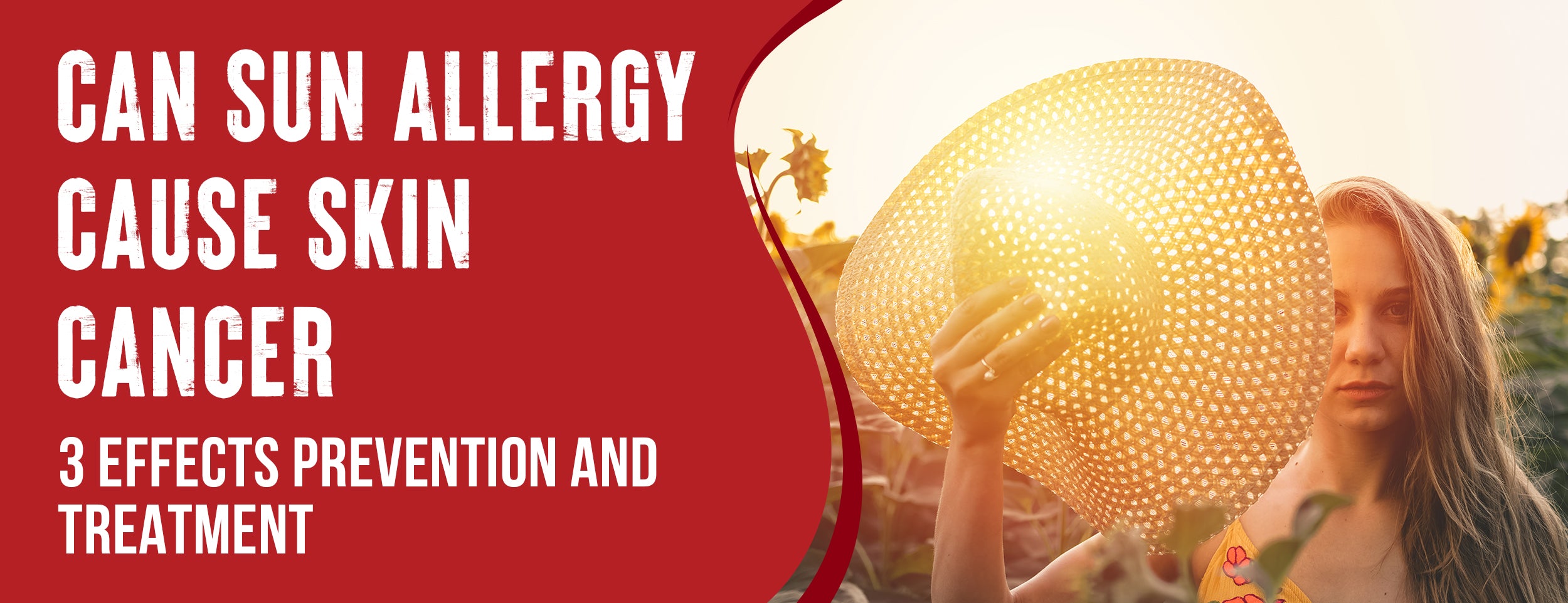
![The Most Common Food Allergies That Cause Itchy Skin [6 Common Symptoms]](http://drnumb.ca/cdn/shop/articles/Can_Food_Allergies_Cause_Itchy_Skin__17_Listed_6_Symptoms_Common.jpg?v=1714999986)
